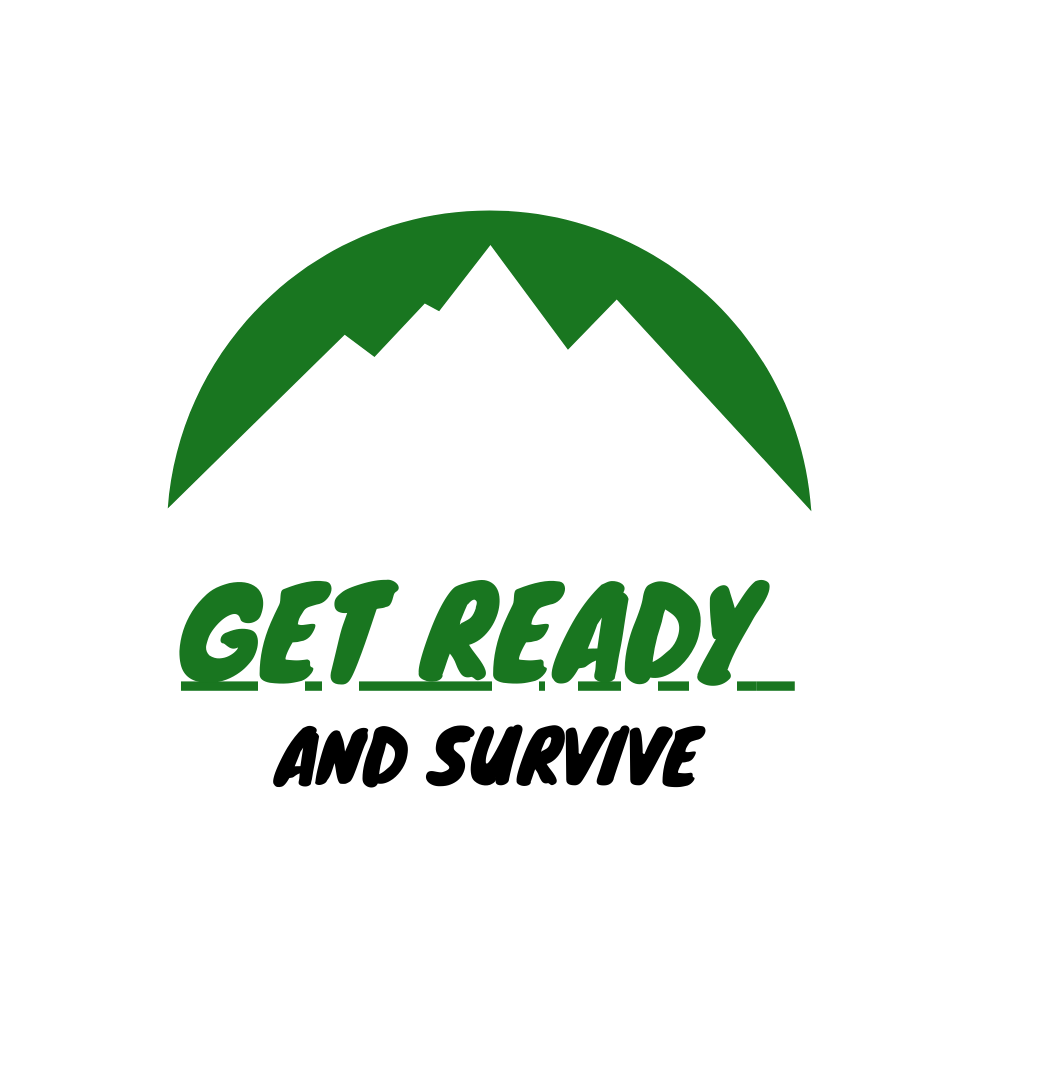Imagine waking up one morning to find the internet is down—not just in your home, but nationwide. It sounds like the plot of a dystopian novel, but with our increasing reliance on digital connectivity, it’s not entirely outside the realm of possibility. Whether it's due to a massive cyberattack, a technical glitch, or a policy decision, the internet going dark can be disorienting and challenging. Here’s a practical guide on how to navigate such a situation and keep your life on track.
1. Stay Calm and Assess the Situation
First things first: take a deep breath. A nationwide internet shutdown is likely to make headlines quickly, so turn on the radio, check television news, or use any non-internet-dependent communication methods to get accurate information. Understanding the scale and cause of the outage will help you gauge how to respond effectively.
2. Communicate Offline
If you rely on digital communication, you’ll need to revert to traditional methods. Use your landline phone if you have one, or consider investing in a battery-powered radio to stay updated. For urgent messages, you might use postal services or physically visit people if feasible and safe.
3. Check Your Emergency Supplies
An internet outage can disrupt many facets of daily life, from banking to food delivery. Ensure your emergency supplies are stocked up. This includes:
- Non-perishable food and water: Have enough to last for several days.
- Medications: Ensure you have a supply of essential medications.
- Flashlights and batteries: Power outages might accompany an internet shutdown.
4. Secure Your Digital Information
In case the shutdown is a result of a cyberattack, it’s crucial to ensure your personal data is secure:
- Back up important data: If you have a backup drive or cloud service not affected by the outage, make sure your files are up-to-date.
- Change passwords: Once the internet is restored, change your passwords, especially if there are concerns about a data breach.
5. Maintain Your Financial Health
Without online banking, you’ll need to manage your finances offline. Some tips include:
- Cash: Keep some cash on hand, as ATMs and credit card processing might be down.
- Checkbook: If you have one, writing checks might become necessary for transactions.
6. Adapt Your Work and Learning
If you’re working or studying remotely, you’ll need alternatives:
- Plan B: Identify offline tasks or projects you can work on. For instance, focus on writing, organizing, or planning that doesn’t require online access.
- Public Libraries: Once they reopen, libraries often provide resources and spaces to work or study without internet interruptions.
7. Stay Connected Locally
The internet shutdown might highlight the importance of community connections:
- Socialize: Engage with neighbors or community members. This can be a good opportunity to strengthen local ties and share resources.
- Local events: Check local bulletin boards or community centers for events or meetings that might not require internet access.
8. Prepare for Future Outages
Even if this particular situation turns out to be a short-term inconvenience, it’s wise to prepare for future disruptions:
- Emergency plan: Develop a plan for various scenarios, including extended outages.
- Offline activities: Reacquaint yourself with offline hobbies and activities, whether it’s reading physical books, playing board games, or practicing a craft.
9. Reflect and Learn
After the internet is restored, take some time to reflect on how you managed the outage. Consider:
- What worked well: Identify strategies that were effective and convenient.
- What could improve: Think about any areas where you could better prepare for future disruptions.
While an internet shutdown in the United States would undoubtedly be a significant challenge, knowing how to handle the situation can alleviate some of the stress and inconvenience. By staying informed, securing your information, and preparing for offline scenarios, you’ll be better equipped to navigate such a situation with resilience and adaptability. And remember, this might be an opportunity to rediscover the value of offline life and community connection.


